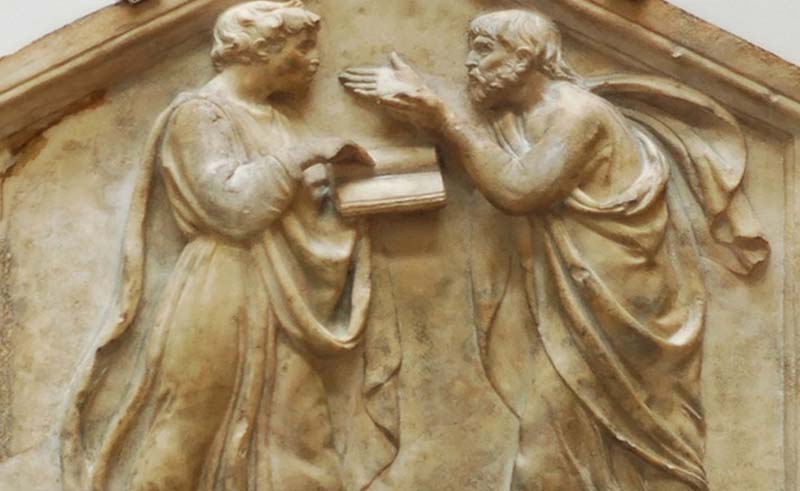Dialectics: A Journey Toward Inner Truth
In my quest as a seeker of light, I have discovered that dialectics is much more than just a method for debating ideas; it is a profound path that invites us to question our own certainties and advance toward a deeper understanding of truth. It is not about defeating the other in an argument but learning together through honest and respectful exchange.
The Art of Constructive Dialogue
When I began studying dialectics, I was struck by its apparent simplicity and, at the same time, its intrinsic complexity. In its basic principles, we find three fundamental moments: thesis, antithesis, and synthesis. However, these are not merely abstract concepts but experiential stages that allow us to grow intellectually and spiritually.
Dialectics taught me that true progress does not arise from destructive confrontation but from constructive dialogue. In our meetings, where fraternal discussions are sacred, I have witnessed how a well-conducted debate can illuminate hidden aspects of our reality. By listening attentively and responding with humility, we overcome our limitations and reach new heights.
The Balance Between Opposites
One of the most fascinating principles of dialectics is its ability to reconcile opposites. Often, we tend to see the world in black-and-white terms without realizing that truth usually lies somewhere in between. The thesis represents an initial vision, the antithesis challenges that vision, and the synthesis leads us to a new understanding that integrates both perspectives.
This process constantly reminds me that, as brothers in search of light, we must be willing to review our beliefs and adapt to new realities. Truth is not static; it is dynamic, evolutionary, and requires our constant effort to understand it.
Lifelong Lessons for Coexistence
By applying dialectics in my daily life, I have learned valuable lessons about coexistence and mutual understanding. For example, when facing a disagreement with someone—whether in my family, work, or community—I try to adopt a dialectical attitude: first, I listen carefully to what the other person has to say; then, I express my own ideas clearly and respectfully; finally, I seek a solution that benefits both parties.
I’ve noticed that this approach not only resolves conflicts but also strengthens relationships. By recognizing that each person has something valuable to contribute, we create an environment of trust and collaboration. This principle is fundamental in our Masonic work, where unity in diversity is one of our highest ideals.
Final Reflections
Today, after years of study and practice, I can affirm that dialectics is a powerful tool for personal and collective growth. It teaches us to think critically, listen actively, and seek balanced solutions that benefit everyone. It reflects our duty as Masons to promote peace, justice, and wisdom in the world.
I invite my brothers to explore this wonderful art and apply it in their lives. Every time you engage in dialogue, remember that it’s not about winning an argument but building bridges toward truth. May our words and actions always be a living testament to our values and aspirations.
So mote it be.






